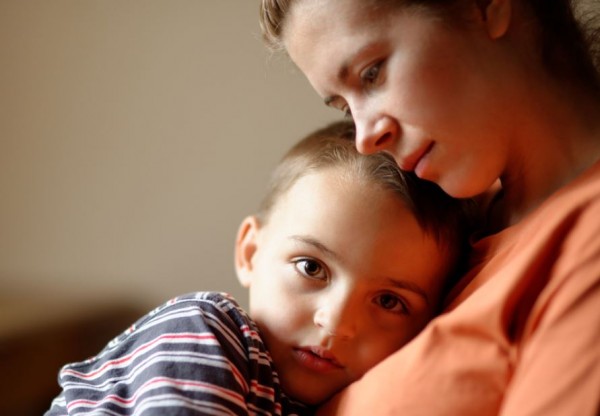
How to help your child through their first experience with grief
Dealing with grief at any age is a heavy task, but when you are still a child, it can be especially difficult.
As their brains are still developing, young children can struggle to come to terms with their first experience with grief – they don’t know how to express their emotions, and if they are particularly young, they might not be able to understand why a person they love has disappeared for good.
It can be an emotional, stressful and difficult time for all involved, which is why we want to do everything we can to make our kids feel as understood as possible.
If your child has recently suffered an upsetting loss and you need help to guide them through it, then we are here for you. Below, we have set out our guidelines on how to help any child of any age through grief:

Be honest
Firstly, one of the key things is to tailor your discussions to your child’s age. If they are an older child or a teenager, they might feel able to discuss their emotions in depth. However, if they are too small, then they will likely struggle to express how they feel. When speaking to a young child about their loss, try to be honest without being blunt. Speak to them clearly, and let them know that they can ask you questions about what has happened.
Don't bottle it up
When it comes to grief, we all express our emotions in different ways – some methods are healthy, while others can be damaging in the long run. So, to avoid them bottling up their emotions, it is crucial that your child knows that they can open up to you. Allow them to express their grief however they need to, and reassure them that their version of grief is valid. Let them know that you are here for them, whenever they are ready to speak about it.

Keep going
When a huge loss happens, it can feel like all aspects of normal life have stopped for the foreseeable future. While your child understandably might want to take a short break from school or club activities, it can also be a good idea to keep some semblance of a structure. Sticking to simple, everyday routines such as a walk around the local park or a bedtime story can give your child the stability and comfort that they need, when everything else feels like it is crashing down around them.
Turn creative
If your child doesn’t feel comfortable openly talking about their feelings, then they might find safety in turning to more creative ways to express their grief. Whether it be a drawing of the person they have lost, playing their favourite game or listening to their favourite music, your little one can find alternative ways of letting out their emotions.

Grief is not linear
During a time of loss, one of the things we hear most often is that “grief is not linear”. Although this might feel like a cliché at the time, it is still a valid statement. Just like we all have different methods of coping, we also have different time frames for our grief. So, never encourage your child to “get over” their grief too quickly – their emotions can come in waves, and they should never be buried when they rise to the surface.
Ask for help
Lastly, if you feel as though your little one is really struggling to come to terms with their recent loss, then it might be worthwhile to consider reaching out to a therapist. There are many trained child counsellors available who specialise in grief and loss. Of course, your child might feel slightly uneasy at first opening up to a stranger, but over time, they might find the experience to be just what they need to finally cope with their grief in a healthy way.
